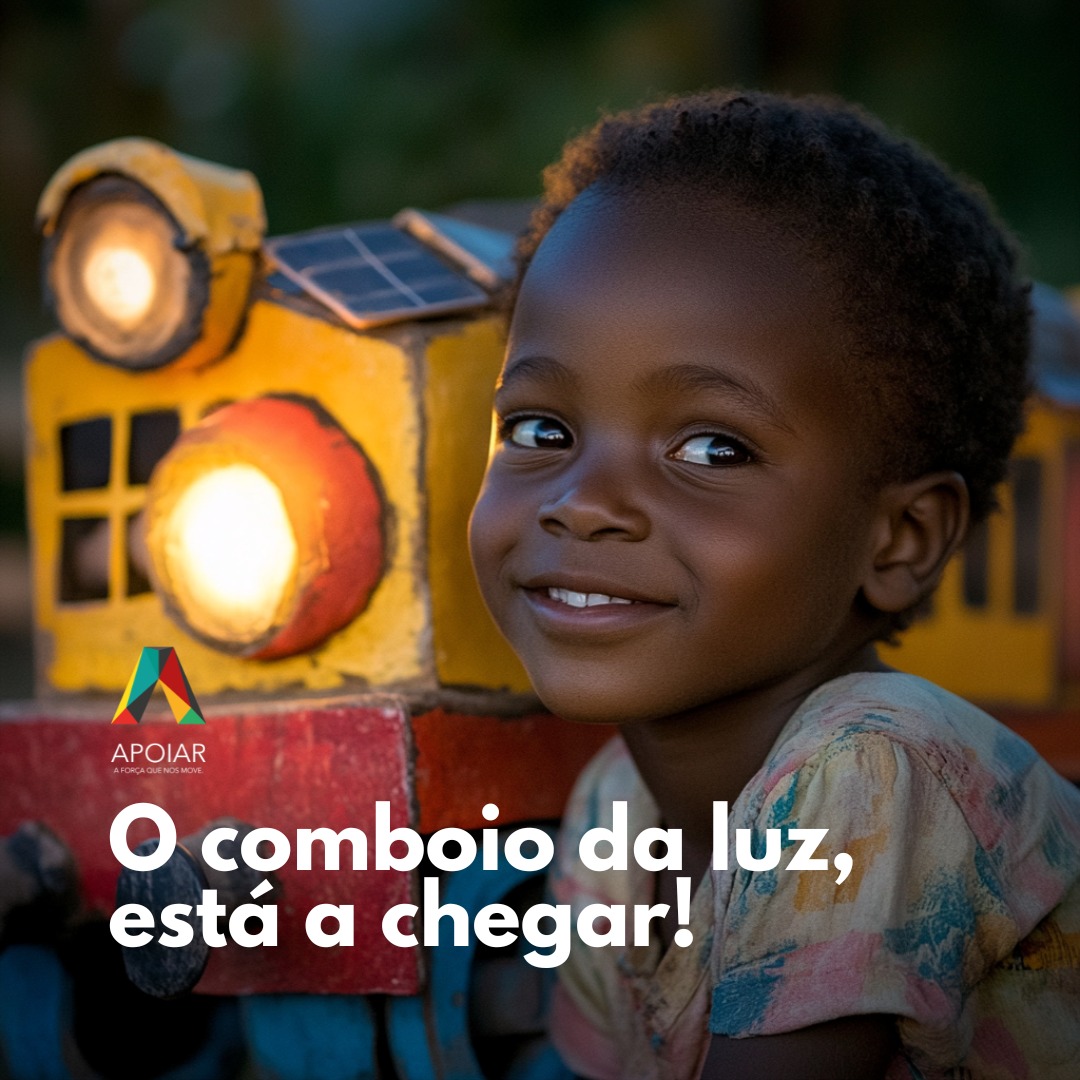In Mozambique, expand access to renewable energy in school facilities.

Project: Lighting Bright Futures
Country & region/location: Mozambique, Joho, Mandimba – Niassa province
Category: Energy & Community
Mozambique is one of the countries with the lowest energy consumption levels in Africa (UN, 2023). The rural-urban gap plays an important role: the majority (more than 60%) of the population lives in rural areas, of which only 3.8% have access to electricity (World Bank, 2021). Even if the Mozambican solar market has been slowly expanding and gaining significance, issues of energy affordability and availability continue to pose significant challenges to the poorest rural households. Additionally, knowledge about solar lighting technology remains low, which makes user adoption more difficult, especially in more remote and isolated areas.
Specifically, Niassa province is placed among the three provinces with the highest incidence of poverty (JICA, 2022) - 67% of its population live below the national poverty line. Disproportionately affecting already vulnerable groups, poverty leads 63% of female-headed households to food insecurity (OCHA, 2023), and raises the rate of child malnutrition to over 43% in this province (Matende, 2022). The Niassa district of Mandimba presents a low level of socioeconomic development. Nearly half of the population is illiterate (47,9%). In the district of Mandimba, the community of Joho faces significant challenges hindering the improvement of its quality of life, one of them being the little to no access to reliable and renewable energy sources. The community of Joho has no paved roads and hosts only one primary school (up to 6th grade), but benefits from an APOIAR-led preschool.
With this in mind, APOIAR seeks to expand access to renewable energy in Joho through the distribution of donated solar lanterns to the children enrolled in both the preschool and the primary school, following the 2) electrification of Joho’s pre-school two rooms through solar panel installation, ultimately allowing for the creation of a 3) free-to-use charging system in the pre-school facilities. The latter will take the form of a train-shaped masonry structure, fostering children’s imagination in a playful way while promoting school attendance. Hence, one school class at a time, the children will be able to charge the lanterns while at school, taking them home at the end of the school day, thus facilitating access to renewable energy to the entire neighborhood while guaranteeing electrical power for the pre-school.
This intervention - in transversal collaboration with the local government, with whom APOIAR has already established a collaboration agreement - will enhance the community's well-being and, ultimately, its resilience in the face of systemic challenges. The physical proximity between the preschool and the primary school will extend access to the charging station to the primary school students as well, substantially encouraging school attendance and indirectly expanding access to school feeding programs - consequently contributing to social inclusion. Specifically, in the preschool context, electrification will allow for the inclusion of other recreational and pedagogical activities in the curriculum, namely audiovisual in nature.
Expected results:
- Solar system installed and 1 charging station built in the pre-school in a masonry structure
- 500 Solar lanterns distributed
- 1 Training manual for capacity building of the local community
- 1 Presentation session with 250 women capacitated
- 2 Electricity of Mozambique technicians trained
- Improved access to inclusive, equitable quality education, which has the potential to increase school attendance
- Enhanced knowledge and skill in the practical use of solar lanterns and charging by the local community, especially women as crucial actors in the extended use of the lanterns by their families
- Enhanced learning environment
- Increased knowledge transfer and collaboration, fostering community development


